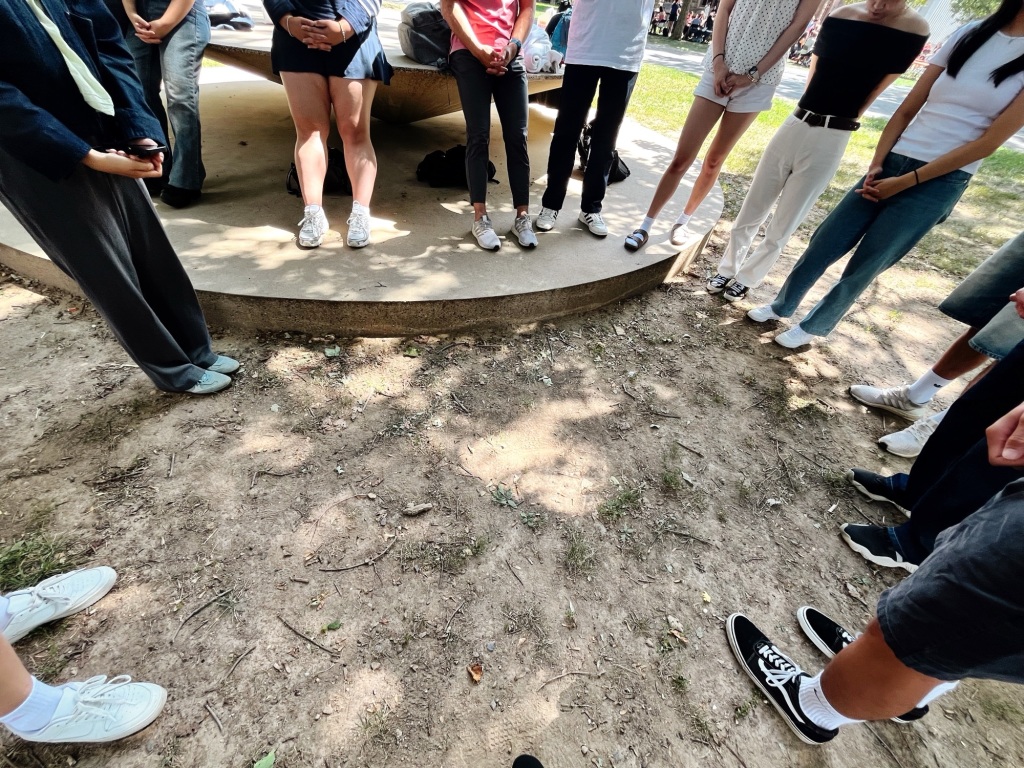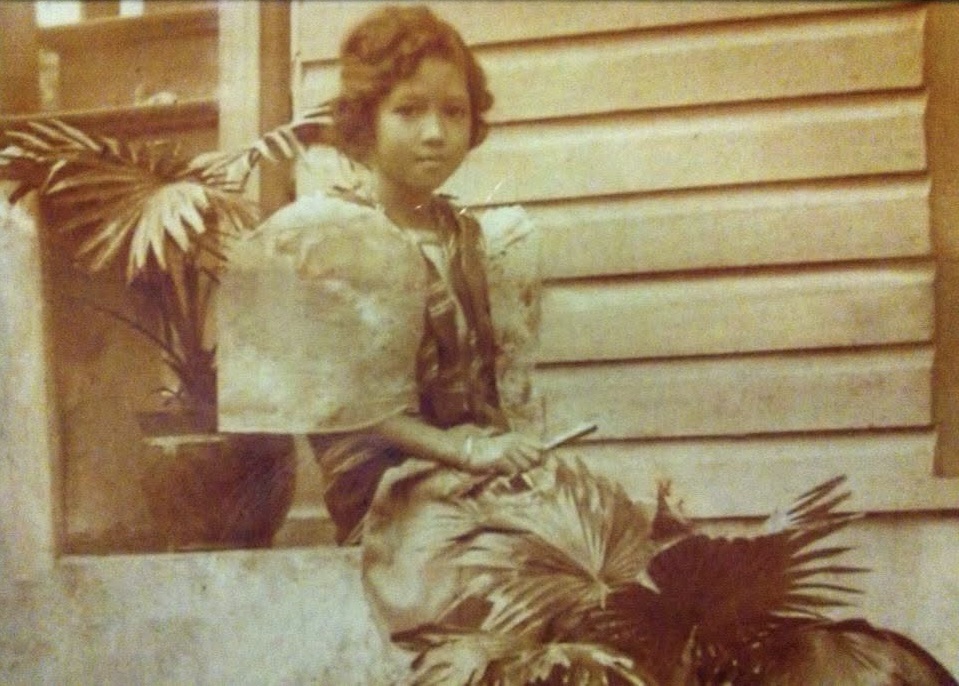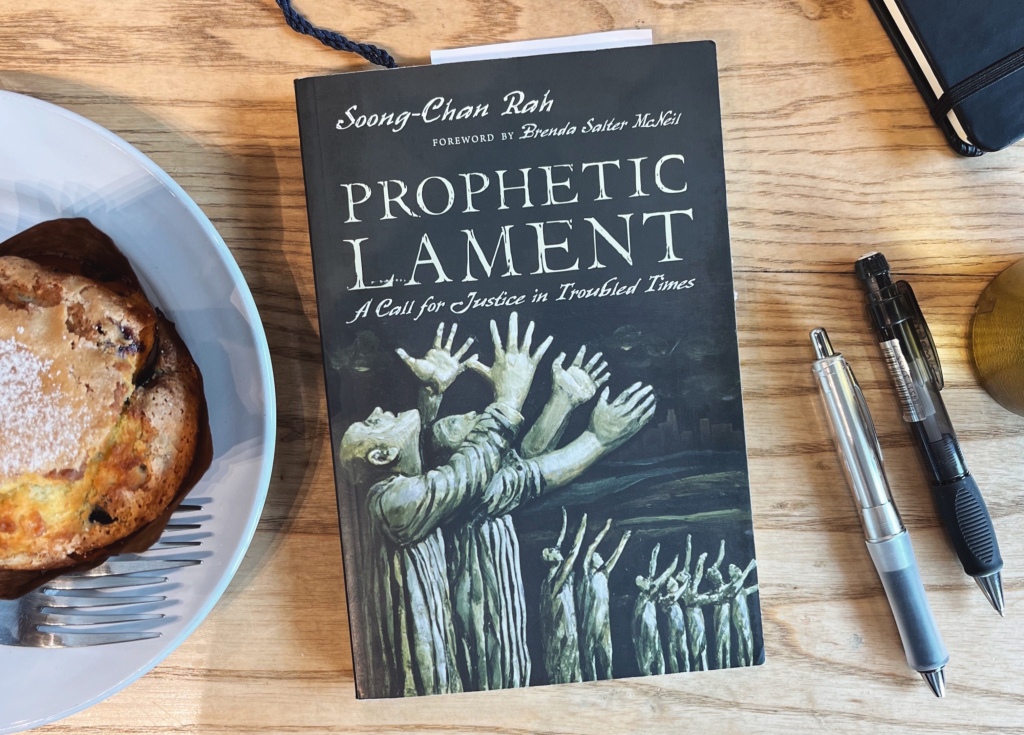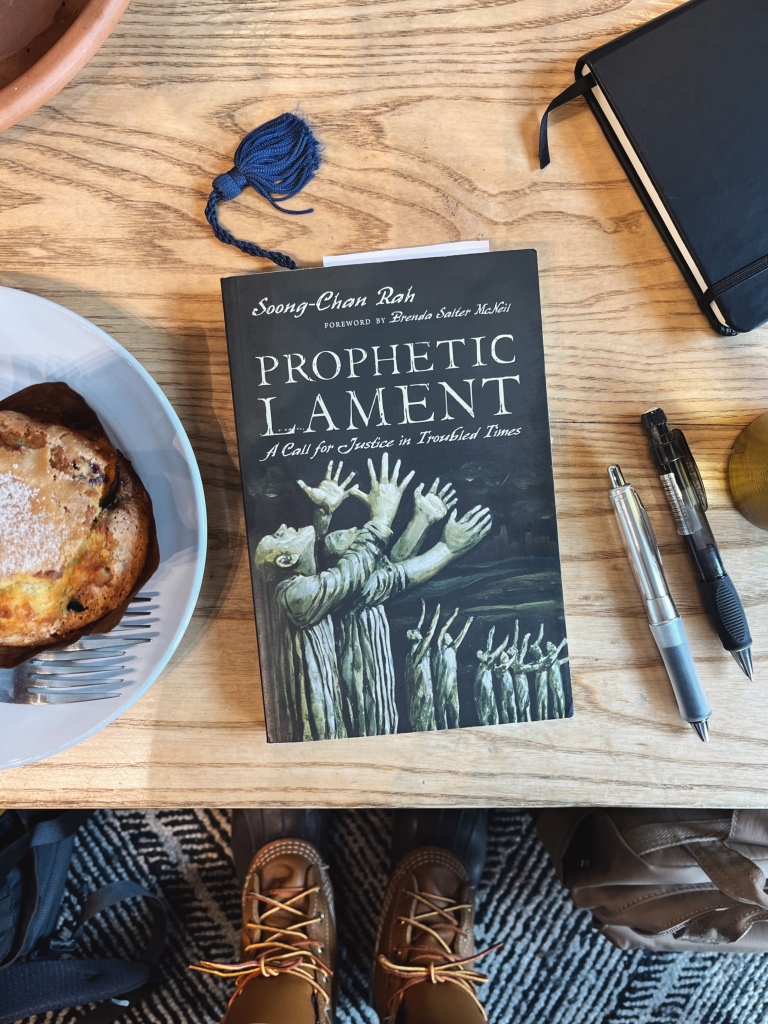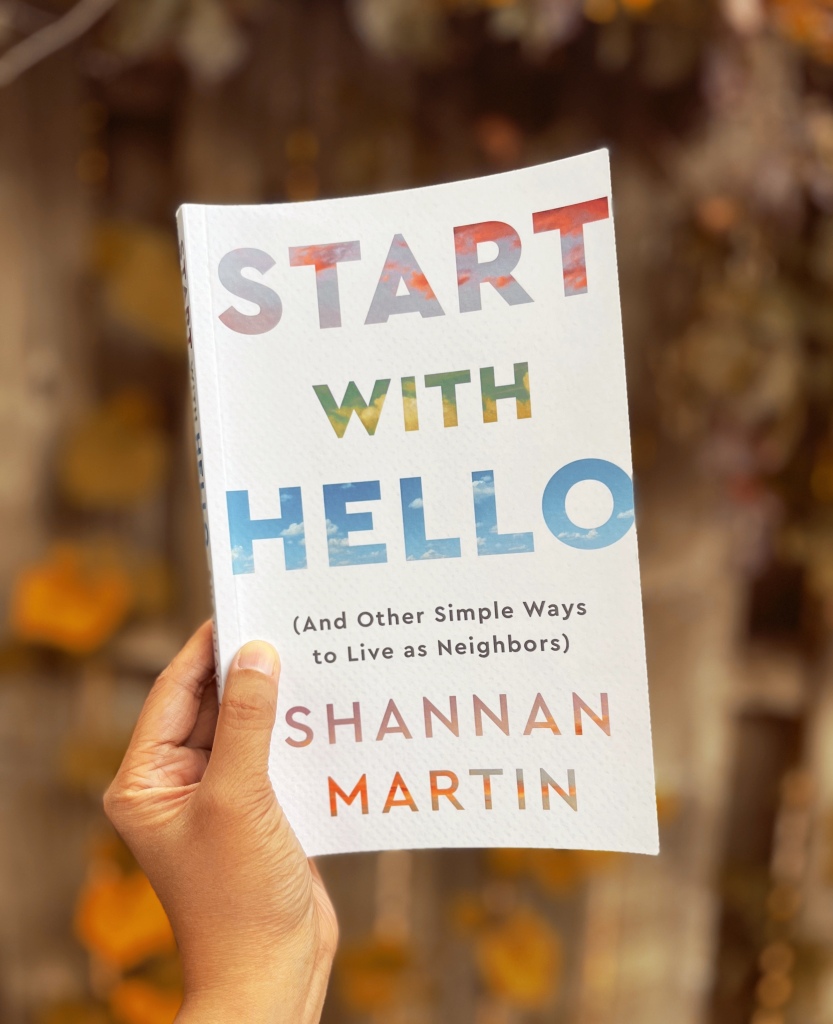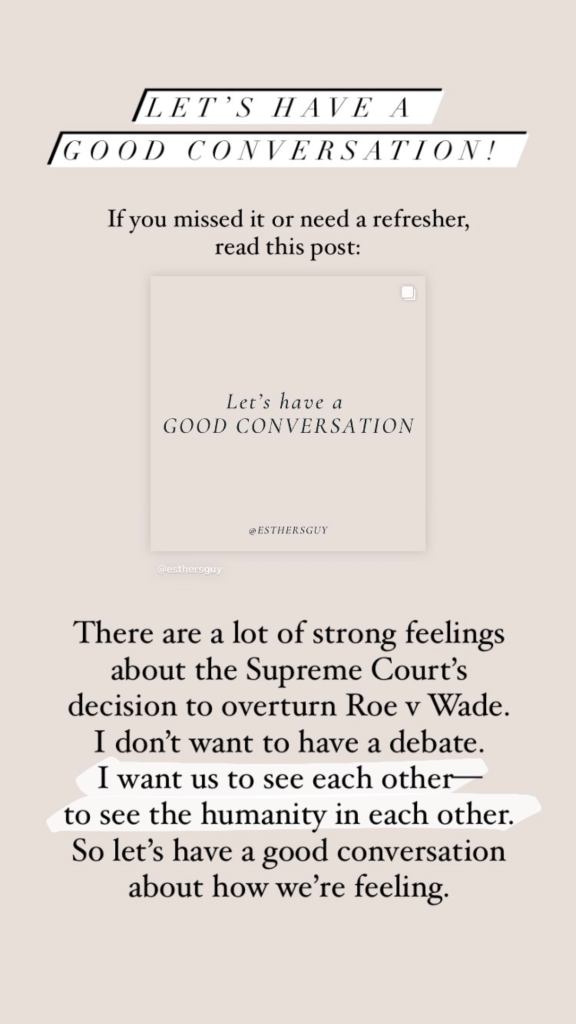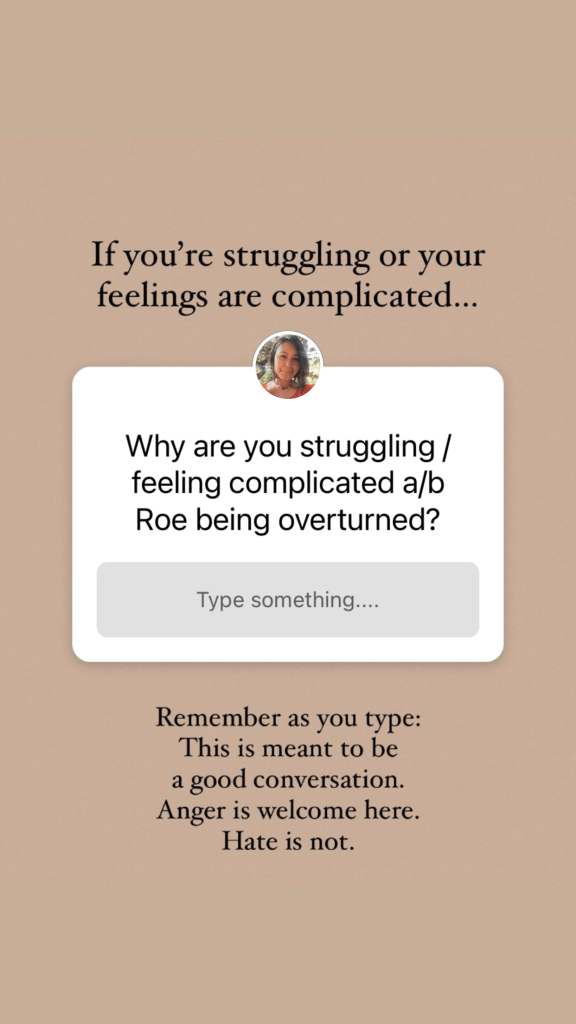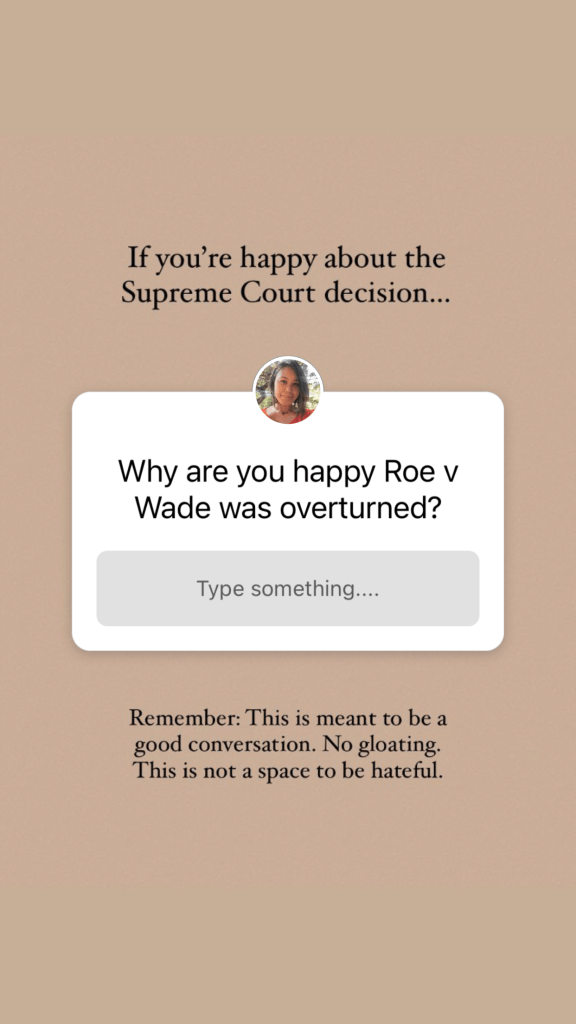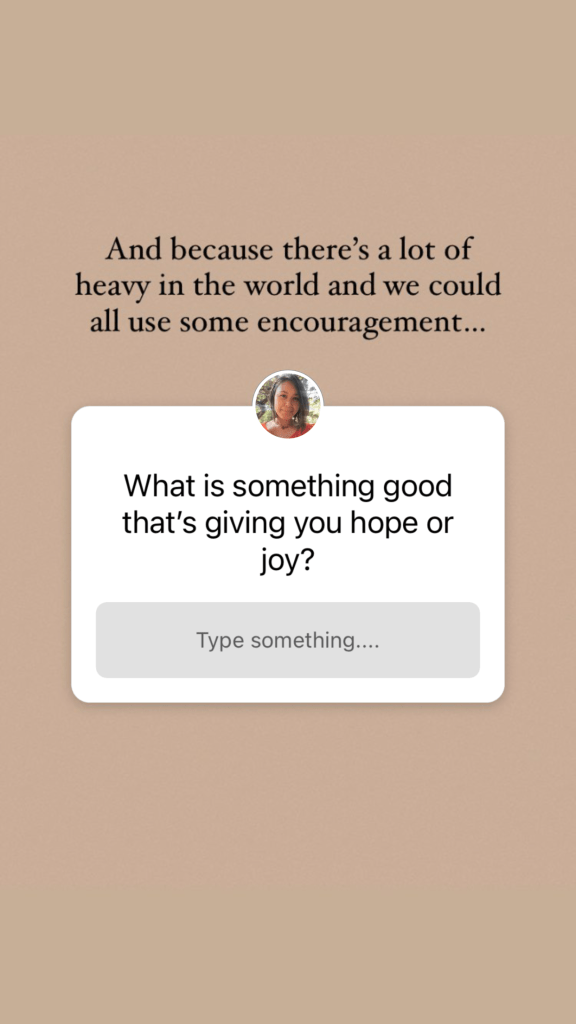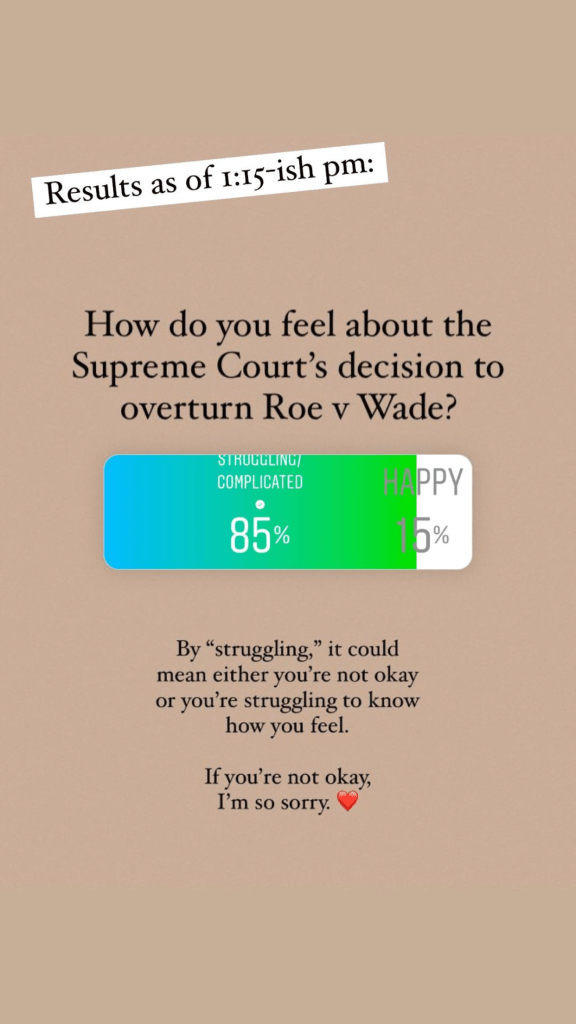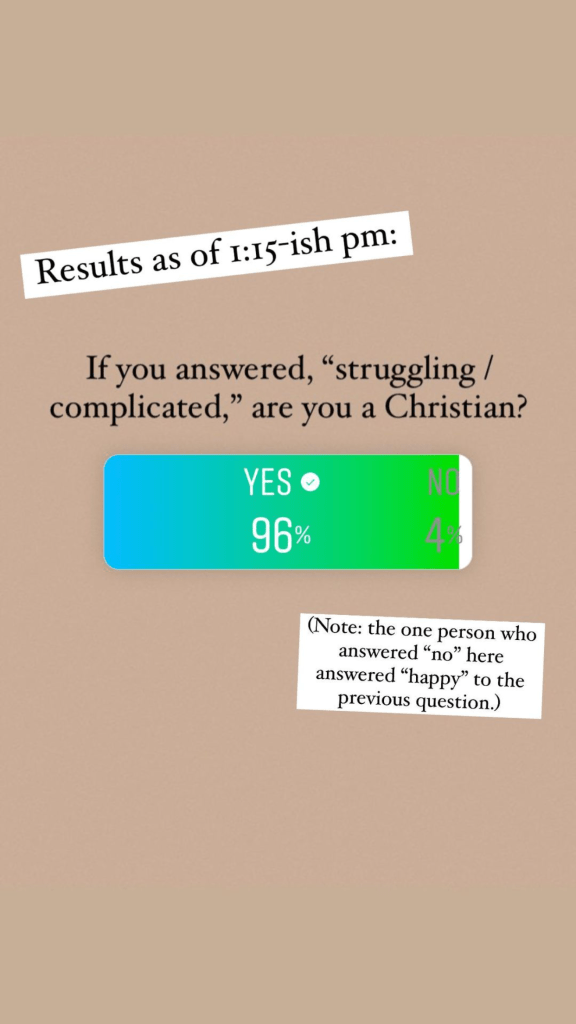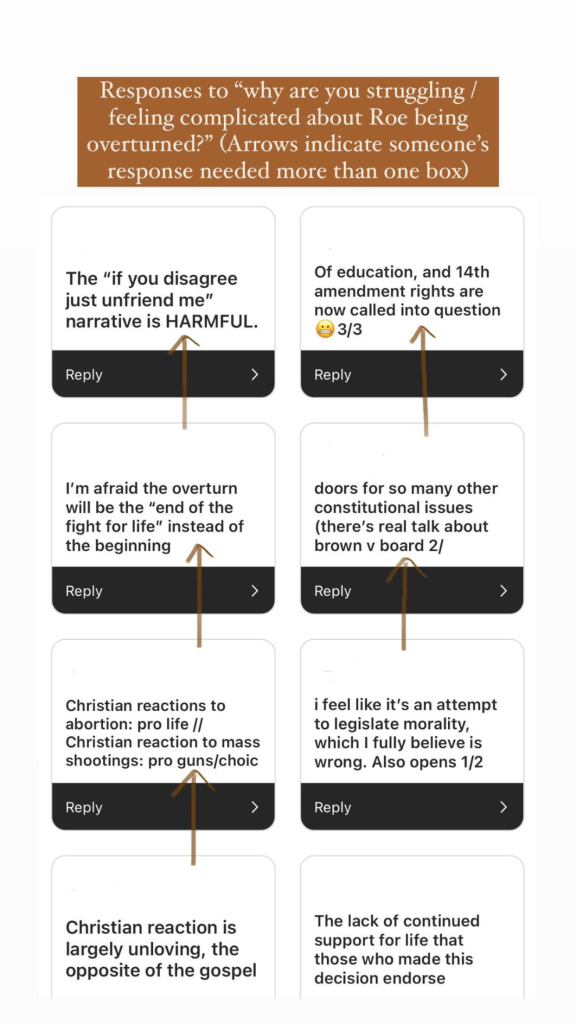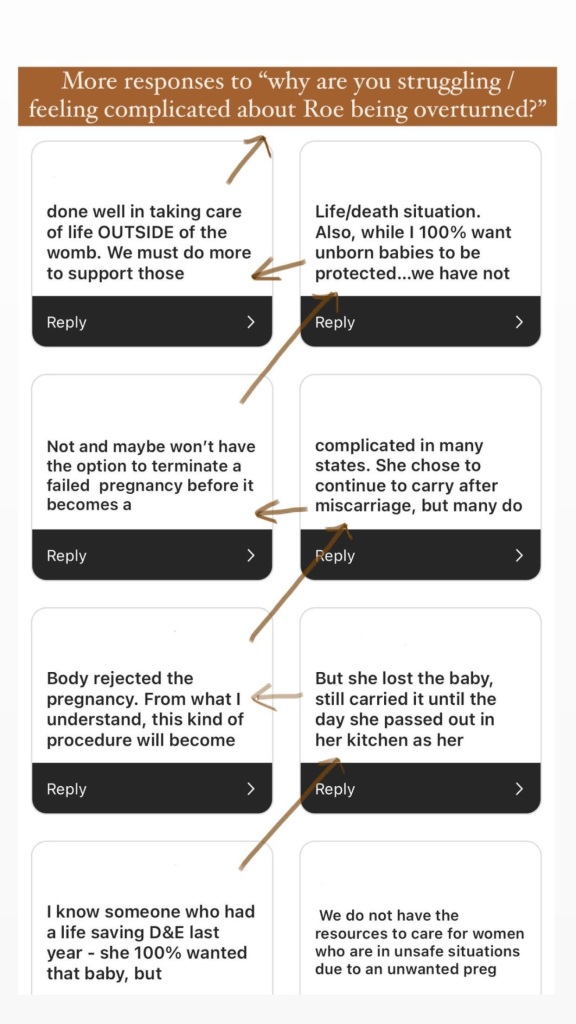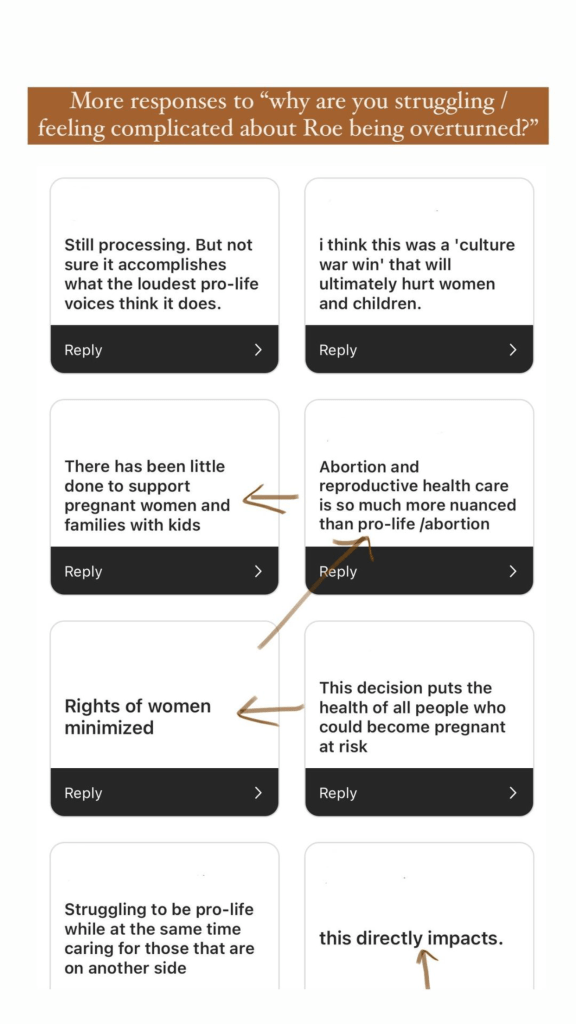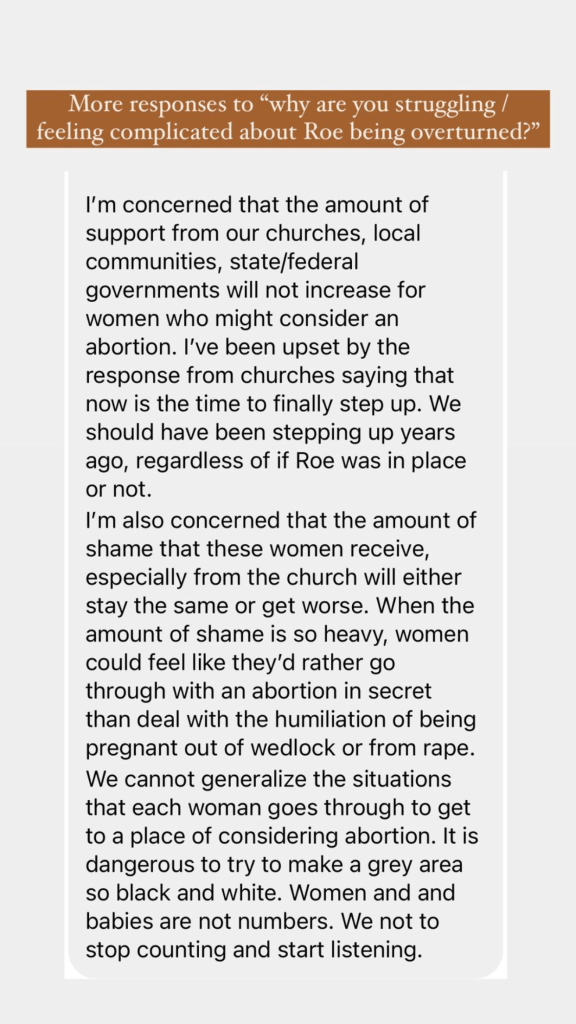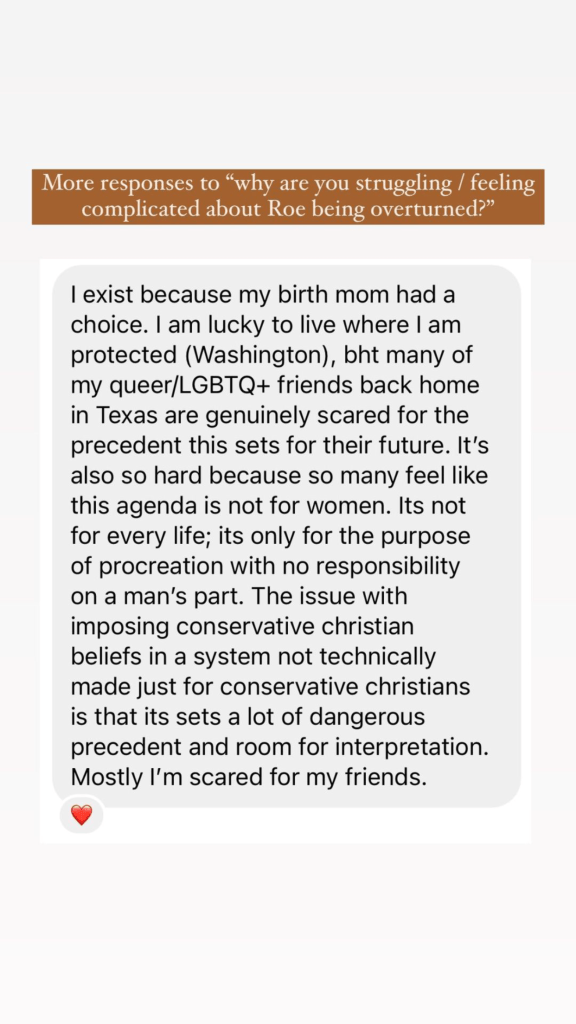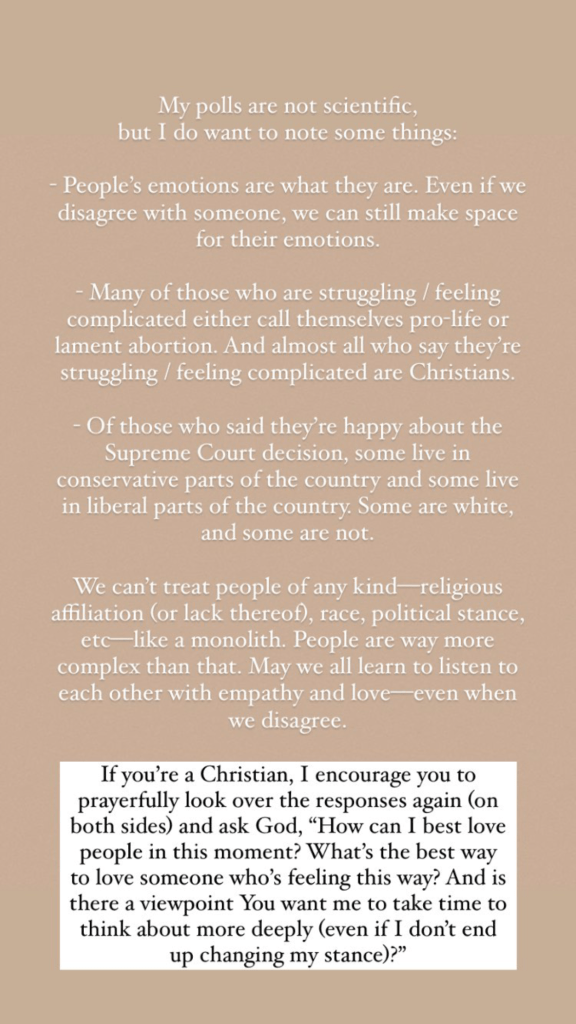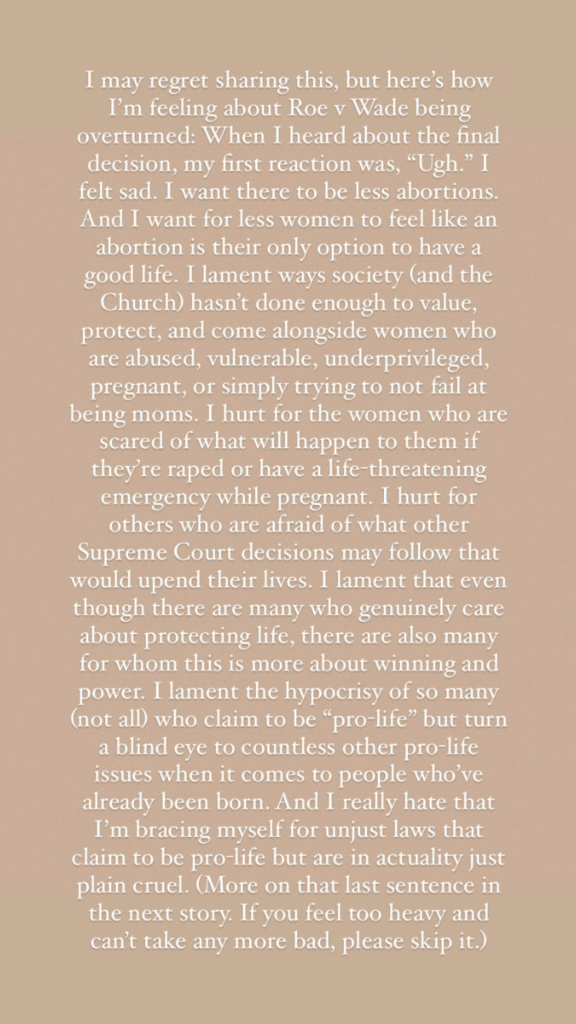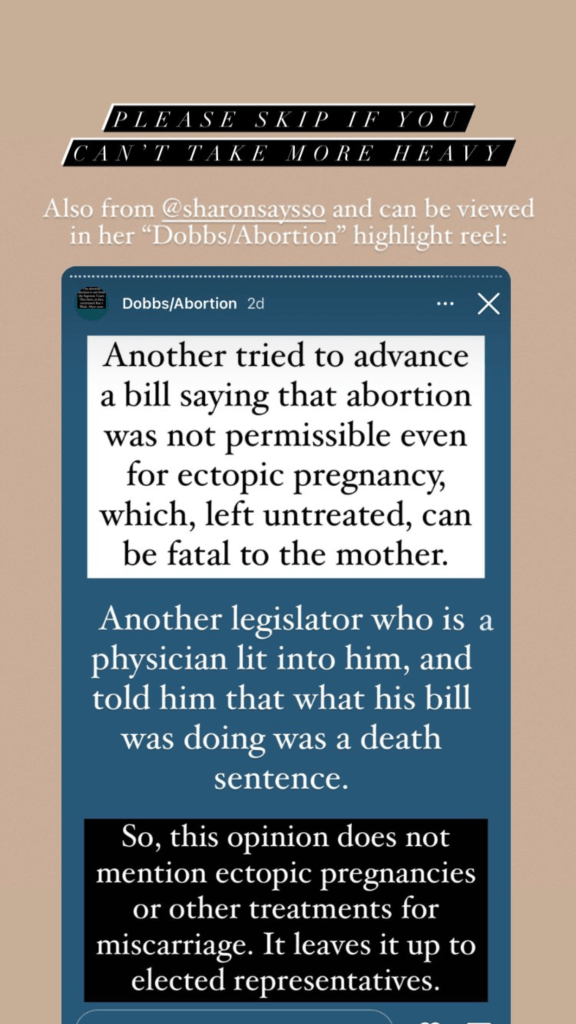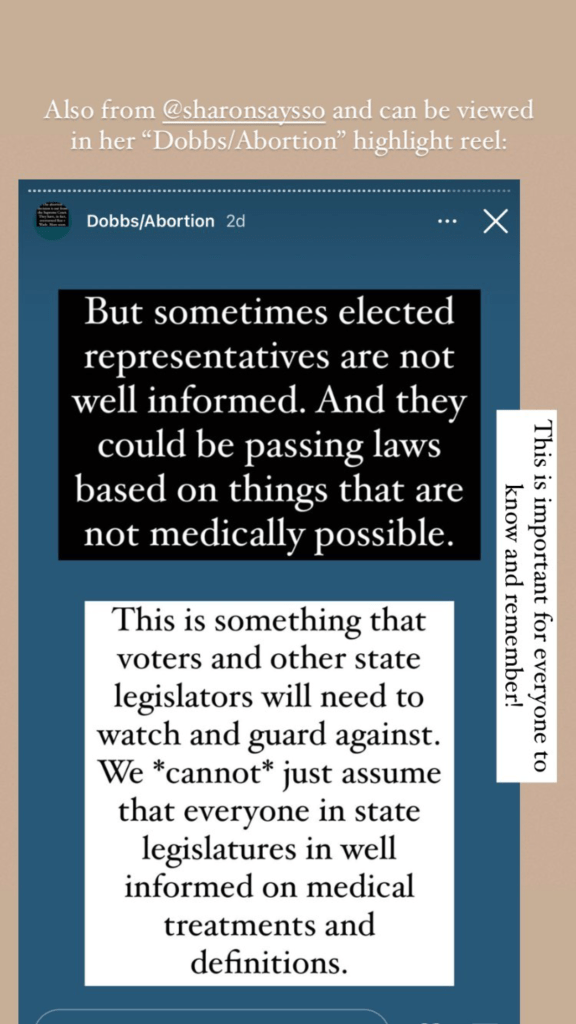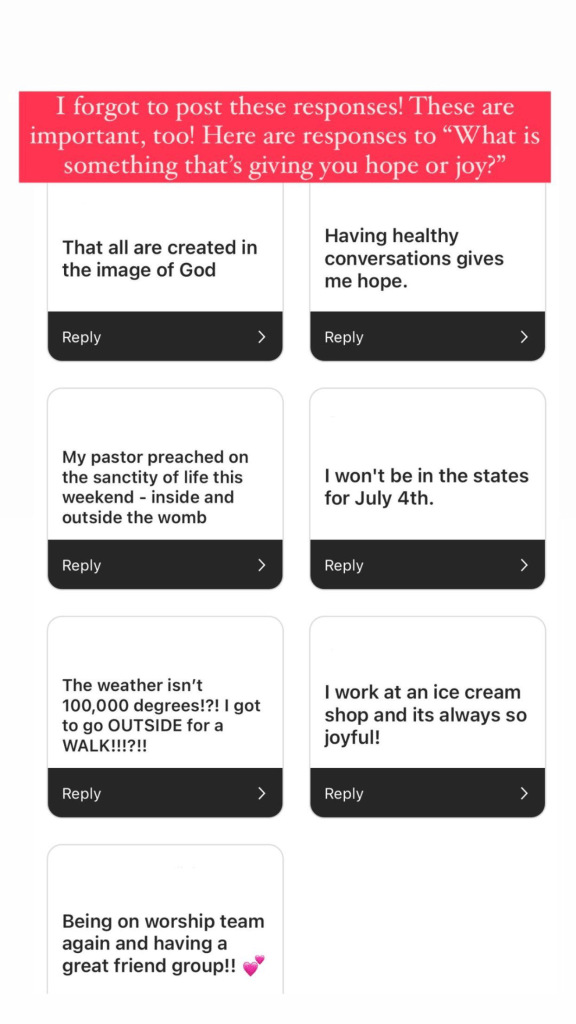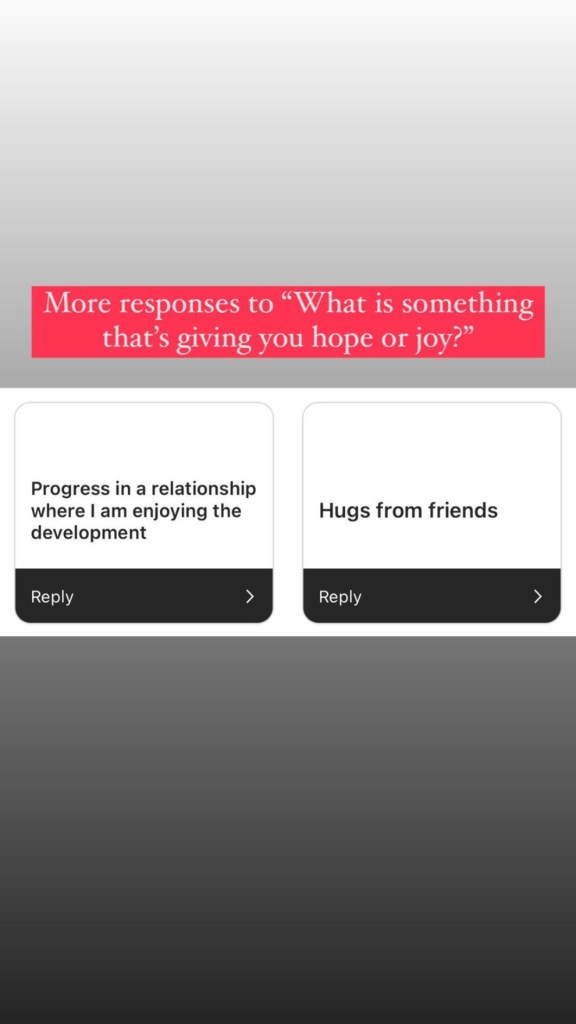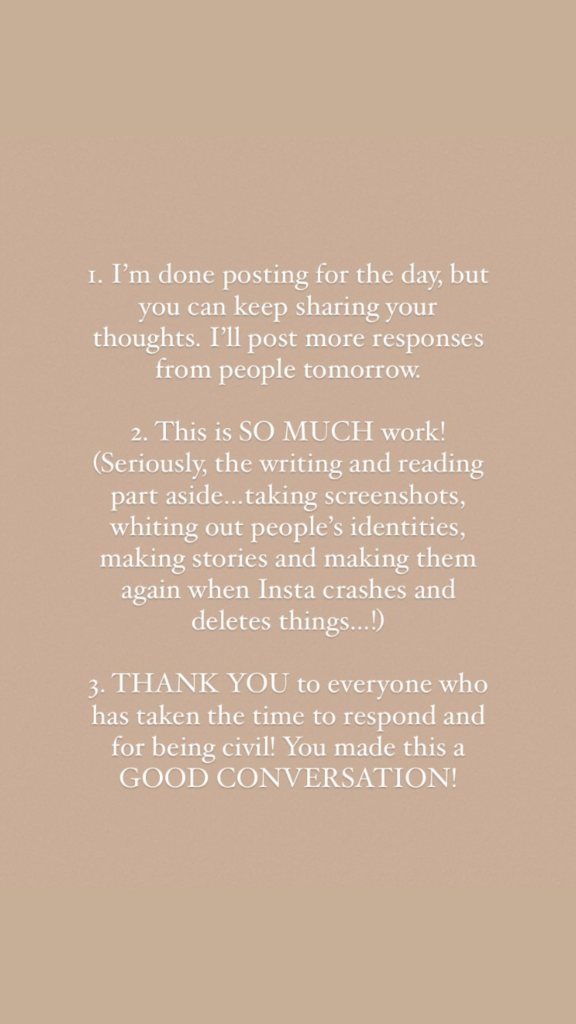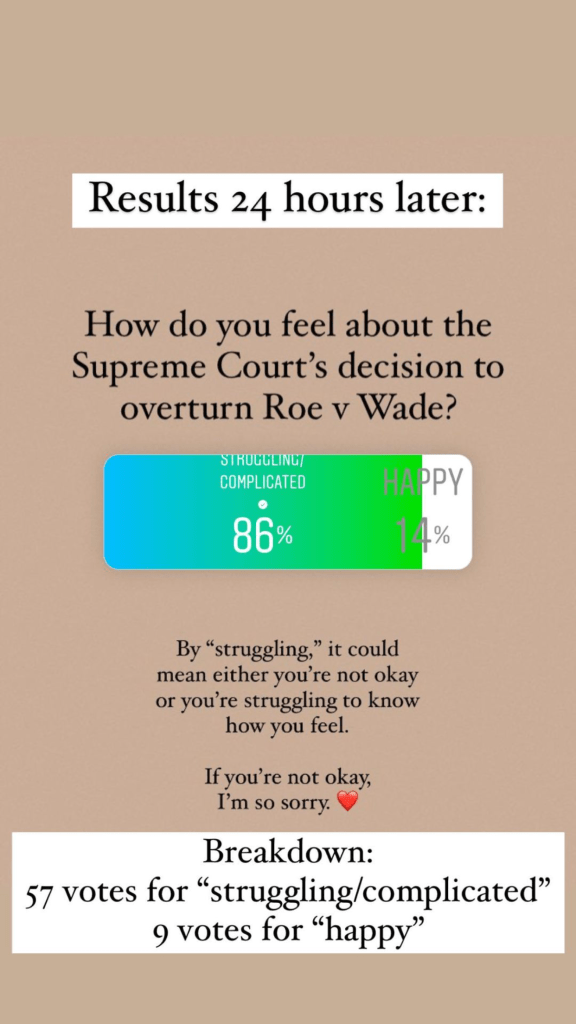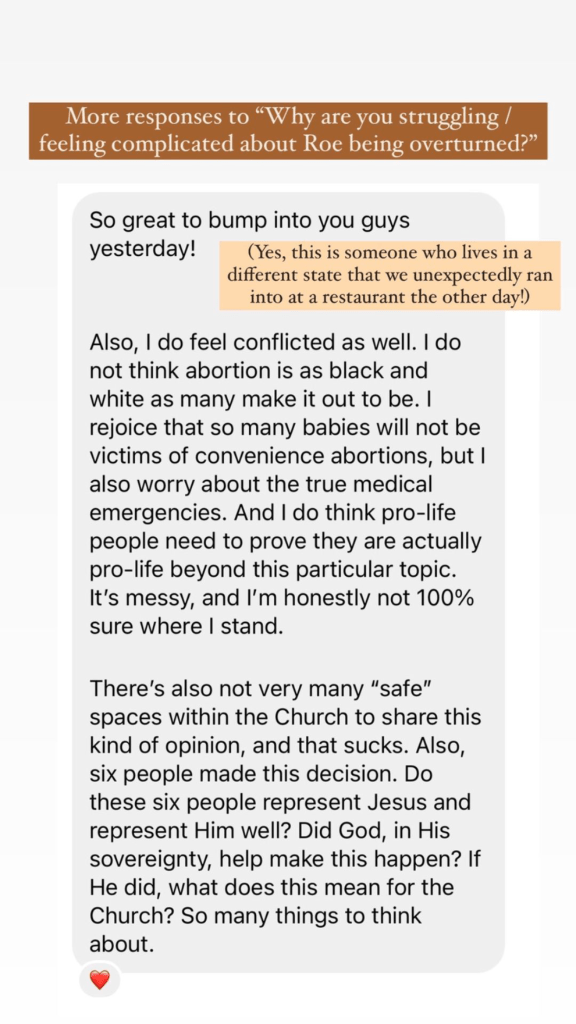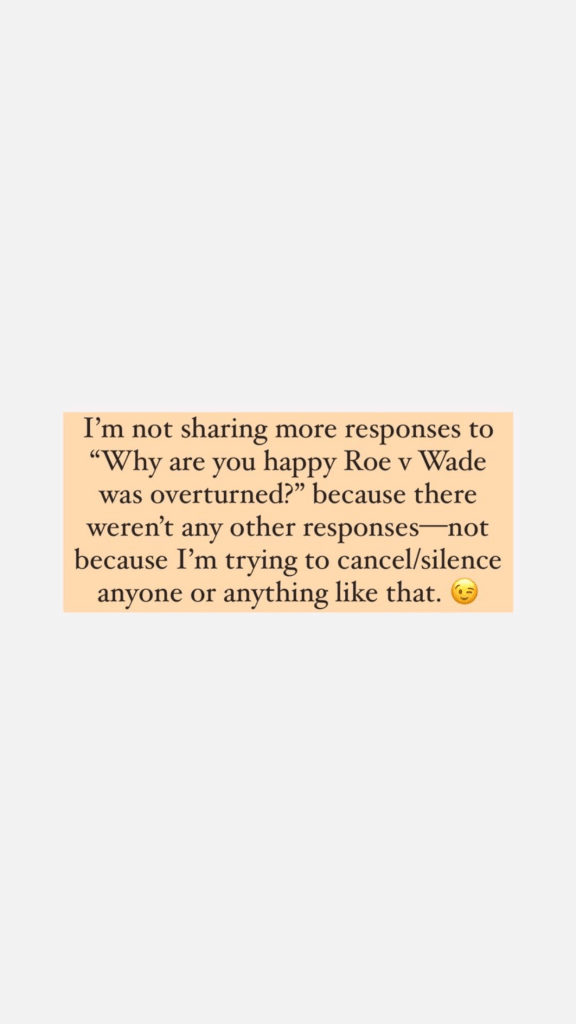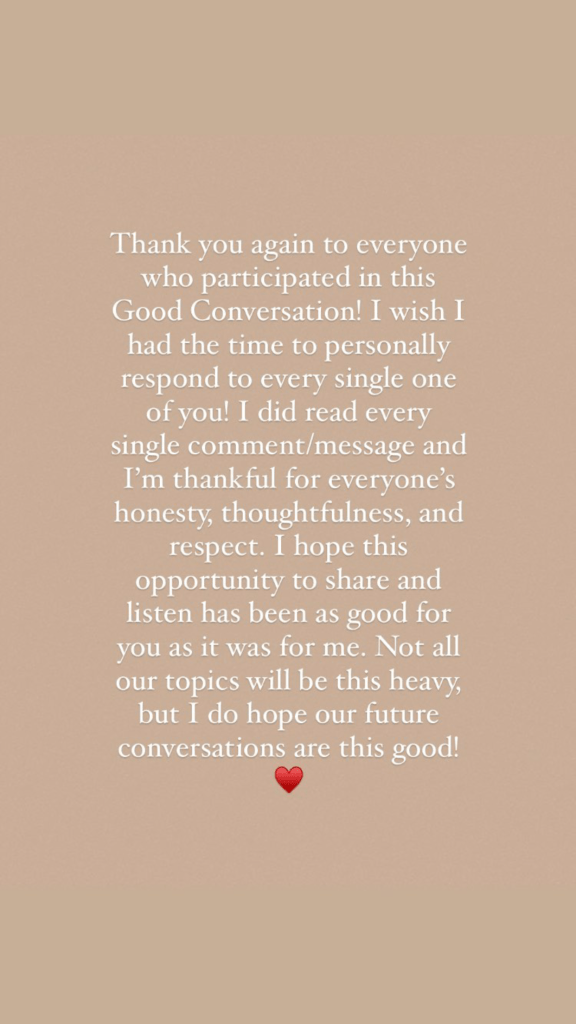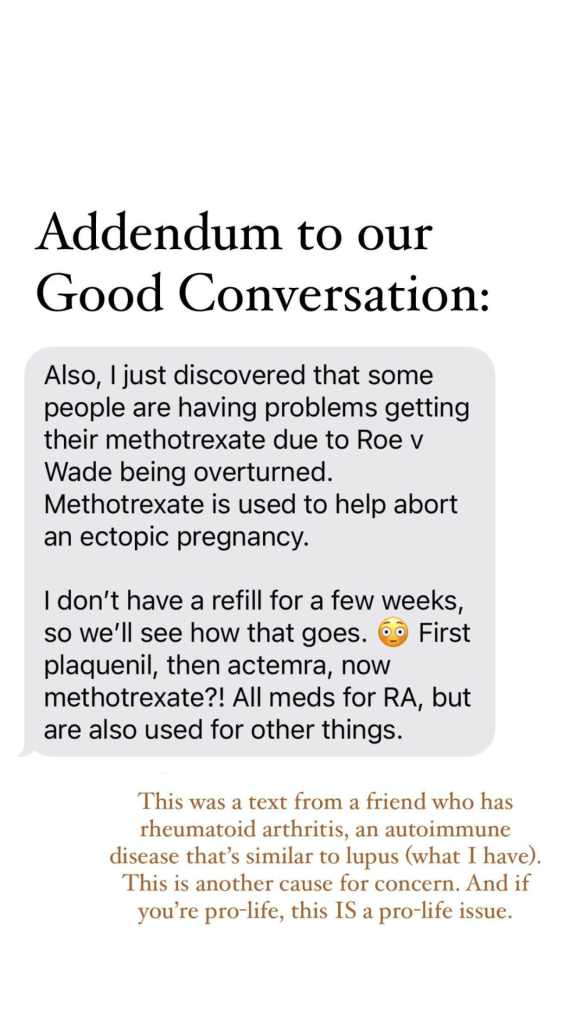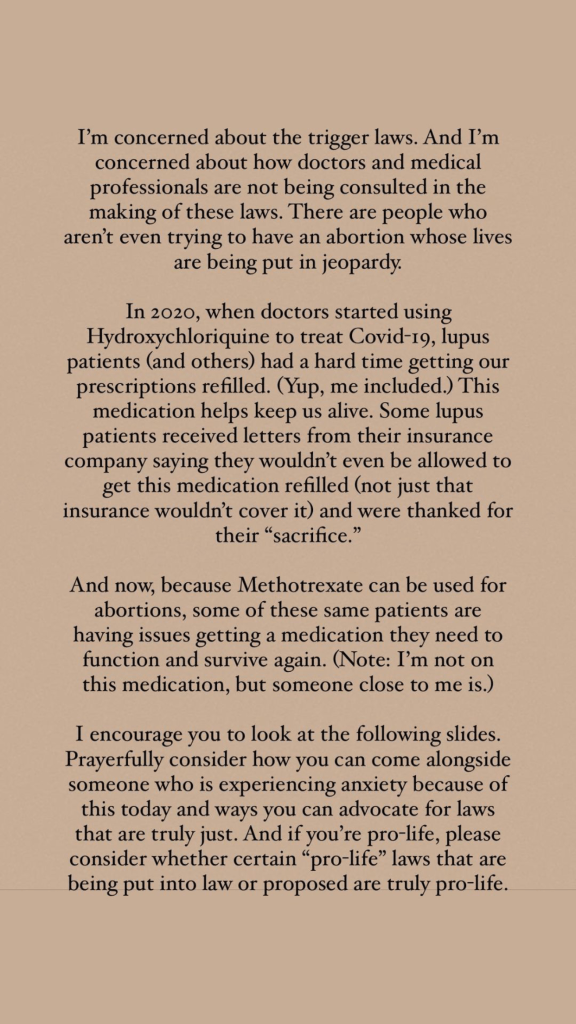The following is a life update. I share it here because I know how painful it is to wrestle with the question, “Should I stay?” And we know there are others who’ve wrestled with this question as well. If this is you, may these words help you find clarity and remind you that you’re not alone.

After much prayer, tears, and conversations with wise counsel, we have made the difficult decision to give up our ministerial credentials with the Assemblies of God.
We will continue to hold credentials through the end of the year. But at the end of this year, we will not renew them.
My family has been part of the AG for generations—going back to my grandmother in the Philippines. Daniel got saved in high school when a friend invited him to an AG church. We have deep roots in the AG. And there are so many people in the AG who have been dear friends; many who feel like family. To make this decision to leave is one that comes with an immense amount of grief.
When people have asked me why I stay—a question we’ve received many times over—I’d tell them the names of people in the AG: pastors and mentors, people we’ve worked alongside, friends we’ve had coffee and meals with, and students we’ve ministered to over the years. I’d say, “I stay because of the people who came before me, those who walk alongside me, and for those who will come after me.”
Over the years, so many people have told us, “Daniel and Esther, if you can stay in the AG, then I can stay, too.” In Bible college, one of our professors repeatedly told us, “Stay in the AG so you can make it better and bring change from the inside.” We’ve carried these words with us for over 23 years. In our 14 years in Springfield, MO, and even in the short time since we left, we’ve repeated them many times over. But over the past several weeks, we’ve no longer been able to say these words in good conscience.
We’ve done everything within our power to help make the AG better. In addition to faithful service in AG churches and ministries, this includes me writing a letter to the Executive Leadership Team concerning an issue in 2020 and being part of the XA Diversity Task Force our last couple years in Springfield—a way to use my voice and gifts to help bring good change at a national and systemic level. We made the most of every opportunity given to us, and we forged paths in places where there was no path.
We were committed to staying for as long as we felt the call to stay and for as long as we felt able.
As we were in the midst of discerning whether we should stay or walk away, a mentor told us to consider two things:
1. The mission – Is staying in the AG and carrying the AG name a liability that’s getting in the way of our mission and ability to share the Gospel?
2. Conscience – Do we feel we can no longer stay in good conscience?
Unfortunately, the answer to these two questions is yes. Additionally, though we believe in living a cruciform life—those who know us are aware we have not shied away from suffering—our well-being also matters. Though we can recount countless, beautiful experiences while in the AG, we’ve also experienced and seen things that have been soul-crushing. As we continue to do the work God has called us to do, it’s unsustainable for us to continue to stay in an organization that feels like it’s crushing us. And we believe it’s time for us to prioritize our healing.
We’re well aware that every church, organization, and denomination has its issues. But there are things in the Assemblies of God that disturb us.
We’re disturbed by:
1. Christian Nationalism and the aligning with Trump and right wing politics, to the point of ignoring and disregarding Scripture when it doesn’t fit with partisan talking points. I lamented to a mentor, “Increasingly, it feels like it’s more important to the AG that we preach about the rapture than to care for the poor and the immigrant.” The AG is really loud about things that the Bible is quiet or unclear about, but really quiet (often silent) about things the Bible is really loud about.
2. Racism – There are many instances in which “they didn’t intend” anything hurtful. But I’m fully aware that these same people also didn’t intentionally take the time to learn and listen to different perspectives within our movement so they could be aware of the ways they may be causing harm or denigrating people they claim to care for. And there are way too many instances of blatant, explicit racism by AG credential holders that are never addressed despite the AG’s statement in 2020 that we would “oppose racism in all its forms.” This isn’t just an issue I’m passionate about; it’s something that impacts me on a personal level. As a Filipino-American who works in a ministry where the majority of our students are either immigrants, children of immigrants, or international students, I don’t have the option to not care about this. And the AG’s failure in this area has been a source of repeated heartbreak and pain.
3. Missteps in handling various kinds of abuse, ranging from national scandals to the ways abusive practices are allowed to flourish in local contexts. We minister at Princeton University. These students ask a lot of questions, probing and scrutinizing over every detail. And they Google. If they Google the AG, we know what they will find. We also know what they will not find. How beautiful and compelling if, along with the messiness, they also saw a movement that overwhelmingly chose humility and repentance. But Daniel and I, with all our love and hope for the AG, haven’t seen that, so there’s no way we could expect a student who’s skeptical of Christianity or who has been hurt by the Church to see it either. But even without scandals in the headlines, we’ve had too many friends who’ve been victims of abuse within the AG, and we’ve been heartbroken to see the ways they’ve suffered while their abusers have faced no consequences.
We know so many within the movement for whom the concerns above do not apply in any way. But we also know the AG can be better. We firmly believe it, and we wouldn’t have stayed for as long as we have if we didn’t. While we believe we were in the AG “for such a time as this,” that time is coming to a close for us. It is now time for us to heal, focus on the people in the place where our feet are, and make room for other Esthers and Daniels—Old Testament references intended—to rise up within this movement. We wish the best for the future of the Assemblies of God and will continue to pray for her.
Thank you, Assemblies of God, for instilling in us a deep love for God, Scripture, and the Church. Thank you for praying and crying with us in difficult seasons, for celebrating with us in major moments of our lives, and for giving us beautiful friendships we will carry with us for the rest of our lives. ❤️
I’d like to address some questions you may have:
Are you cutting all ties to the Assemblies of God?
Absolutely not!. Though we will no longer carry ministerial credentials with the AG, we’ll continue to consider the AG family and to pray for the AG. We fully intend to keep the relationships we’ve made! At the same time, we understand our leaving will be reason for some to cut ties with us, but we will not be the ones cutting those ties. Additionally, we will continue our financial support for AG missionaries. To those who feel called to stay, we still believe in the work you do and we are proud to partner with you in that work.
Is anything changing in your work?
Nope! We’ll still be on staff at Manna Christian Fellowship. Because Manna is inter-denominational, our leaving the AG will not negatively impact our work.
Did moving to Princeton cause you to change in your beliefs?
No. Our hearts and minds are still very AG.
Are you going to get credentialed with another denomination?
We’re praying and discerning about our next steps. We’re not going to rush into anything so we can give ourselves some time to grieve and heal. But we do have a sense of where we will go. We appreciate your prayers as we navigate this complex transition.
What do I do if I’m struggling to stay?
1. Make sure you have community where you find solidarity and safety to lament, be angry, and struggle. And make sure some of those people can give you hope and encouragement when you need it without spiritual bypassing.
2. Have a list of reasons you stay. My list was names of people. I stayed for so long because of the people on that list who came before me, the ones who’ve walked beside me, and the ones who would be coming up behind me.
3. Keep close to the Lord and don’t lose your uniqueness, particularly your insight that sets you apart. The AG may try to hammer that off of you, but stay in the counsel of God and be your full self that He created you to be.
4. Get a therapist or counselor if you don’t already have one.
5. Stay as long as you feel you can, and allow yourself to feel the grace of God’s release when you can’t anymore.

